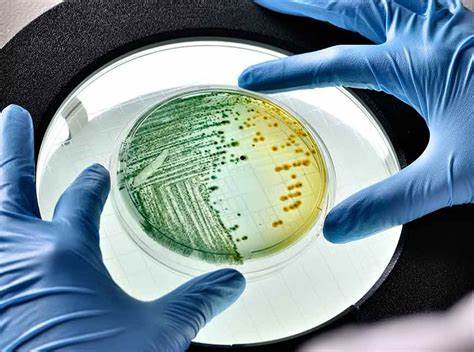Severity: Warning
Message: Cannot modify header information - headers already sent by (output started at /usr/home/wh-aqhp4xgysmzo5ubhciu/htdocs/sw_application/controllers/en/News.php:1)
Filename: core/Input.php
Line Number: 408
Backtrace:
File: /usr/home/wh-aqhp4xgysmzo5ubhciu/htdocs/sw_application/core/SW_Controller.php
Line: 537
Function: set_cookie
File: /usr/home/wh-aqhp4xgysmzo5ubhciu/htdocs/sw_application/controllers/en/News.php
Line: 253
Function: set_info_click
File: /usr/home/wh-aqhp4xgysmzo5ubhciu/htdocs/index.php
Line: 315
Function: require_once
Biocompatibility: TPE materials generally have good biocompatibility, meaning that they interact less with human tissues and
organisms. This makes TPE material ideal for use in medical devices, especially parts that come into contact with the human
body, such as handles, jackets, and seals.
Softness and elasticity: TPE materials have good softness and elasticity, which can provide better human comfort and
adaptability. In medical devices, these characteristics are important to provide a better patient experience and reduce
operator fatigue.
Durability and chemical resistance: TPE materials typically have high durability and chemical resistance and can withstand
multiple cleaning and disinfection processes without losing their properties. This is critical for the long-term use and
maintenance of medical devices.
Safety and reliability: TPE materials are widely accepted in the medical device field because they undergo rigorous testing
and certification to ensure their safety and reliability. These materials comply with relevant medical industry standards and
regulations, such as ISO 10993 and FDA requirements.



